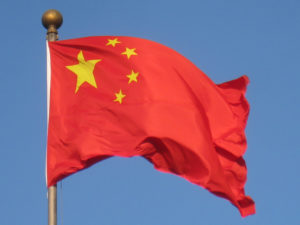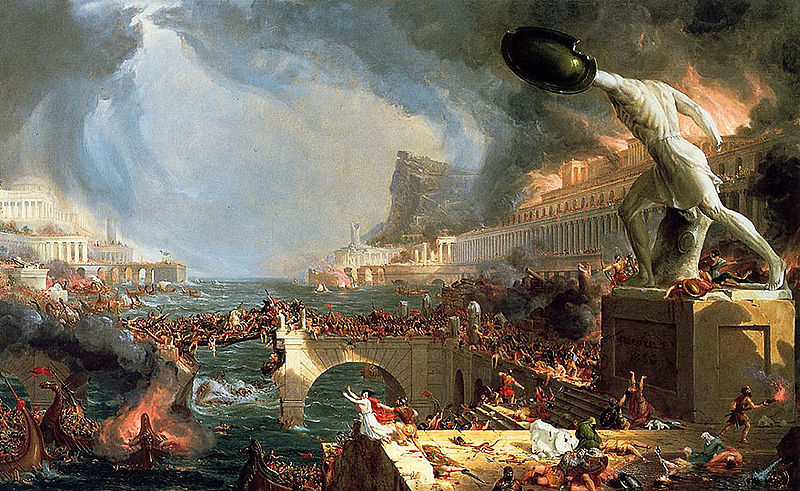
Odin with the ravens Thought and Memory
As regular readers know, I’ve been meditating fairly seriously for years. (Primer on concentration meditation.)
About a week ago, I found I was able to dismiss a minor pain. It was a long term pain, due to a slightly rotated hip. I expanded my awareness, then put my attention on the pain, and thought “I don’t need to feel this” in a dispassionate way. The pain went away.
(Recently I had a more serious pain, and was unable to dismiss it, so, yeah, the method’s not reliable yet.)
But I got to thinking about what makes suffering go away–whether it’s physical pain, emotional, or an ugly thought, or whatever.
There’s a lot of talk in self-help and spiritual circles about surrender and acceptance and all that, and it usually makes me nauseous. Bad situations are bad situations.
But the core problem with these words are the connotations: They suggest that you become a potato and just accept the status quo, whatever it is.
That isn’t necessary. What does seem to be necessary is letting your brain know, “This isn’t important.”
When you try to push something away emotionally, your brain interprets that as, “This is still important, I should keep bringing it up.”
So if you’re in physical pain, and it bothers you emotionally that you are, the brain keeps shoving the pain into consciousness.
If you’re sad, or angry, and in addition to the primary sadness or anger, you are also upset that you’re sad or angry. Thus, the brain interprets that as, “This is still important, I should keep harping on this till it’s resolved!”
This can get meta, fast, when you’re dealing with emotions. Don’t get angry that you’re angry, and so on.
When you just let whatever is coming up, come up, without adding anything to it (either pushing it away or pulling it towards you) the brain gets the message “This doesn’t matter,” and brings it up less often, and less intensely over time.
You can push this along by “diving in” to whatever it is. Moving your attention directly into the sensation, whether it’s pain, anger, sadness, or anything else. If, at the same time, you can keep your awareness “wide,” including as much of the rest of your body and world as possible, it also makes whatever it is seem small–just a small part of awareness, and not the whole of the world.
Then, just add a hint of intentionality: “This isn’t important/this doesn’t matter.”
And see what happens.
Doing this requires equanimity: an ability to not be upset that you’re upset, an ability to look at anything without getting into a spiral of resistance.
This is hard because we believe the world ought to be a certain way, and we get offended when it isn’t. But the world is as it is, and we need to see it as it is.
Again, this doesn’t mean being a potato: You can have preferences. But if you push hard emotionally, you’re telling your mind that the problem is not resolved. And it will keeping bringing it up until you don’t care (Which may be never).
This is best practiced like any type of exercise: Start small. If your mother whipped you with a wet noodle and you’ve a lifelong terror of noodles that keeps you out of the pasta aisle, then stay out of the pasta aisle and start with something else, something small.
Equanimity is a mental muscle, and it needs to be built up. Especially if you’ve never used it, trying to start with your greatest fear or the personality trait you hate most is just setting yourself up for failure, like expecting to be able to do pullups if you’ve never been to the gym, or run a five-minute mile if you’ve never run.
Look at what is, as it is, without pushing or pulling it. Have a reasoned preference for it to go away. Repeat over time. See what happens.
The results of the work I do, like this article, are free, but food isn’t, so if you value my work, please DONATE or SUBSCRIBE.

 Recently, the Chinese Communist Party proposed removing the normal ten year limit on how long someone can stay President.
Recently, the Chinese Communist Party proposed removing the normal ten year limit on how long someone can stay President. 
